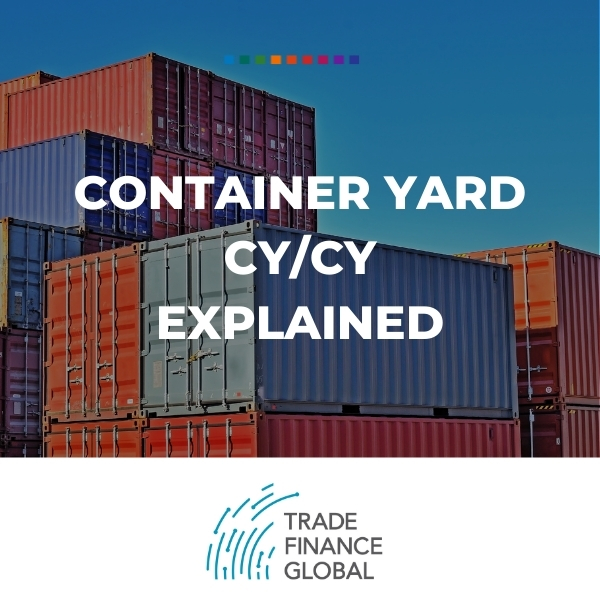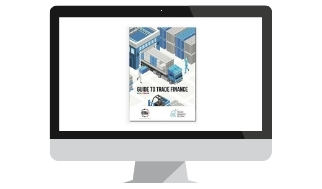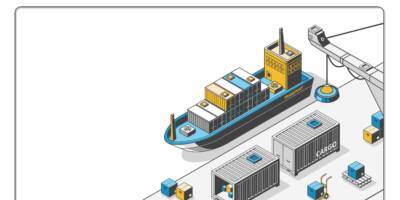What is a CY-CY Shipment?
Often Bills of Lading or Letters of Credit have the terms /CY after the port names on them. CY/CY essentially means ‘Container Yard to Container Yard’, referring to the Carrier’s port or terminal where goods are dispatched and the delivery port or terminal where a consignee accepts the goods.
A CY/CY shipment term simply tells the shipper the port at which the containers are getting delivered to, as well as the end destination of the containers, so that it is clear to the shipper, exporter and customer where responsibility lies when transporting containers.
CY-CY Container Services
Another term used in shipping, CY/CY container services include door to door or house to house services – which are those that extend the CY/CY Shipment from the premises of the seller right through to the customer’s door, rather than just at the port or terminal.
Difference between CY and CFS
In general, container yards (CY) are used for full container load (FCL) shipments before and after they are loaded.
Container freight station is mainly used for less than container load (LCL) shipments where the goods need to be consolidated before being loaded on board and de-consolidated after they are off-loaded from the vessel.
Here are the four main configurations of CY and CFS for shipments and the situations where they would primarily be used.
CY/CY
A container yard-container yard (CY/CY) shipment is an FCL shipment where the packed containerised cargo gets collected at the container yard of one origin port and is delivered to the container yard of the destination port
These shipments can also be referred to as FCL/FCL shipments and will have a single shipper and consignee.
CFS/CFS
CFS/CFS shipments are generally for LCL shipments that need to be consolidated together at the origin port CFS before shipping and then de-consolidated back into their original groupings at the destination port CFS after arrival.
These shipments can also be referred to as LCL/LCL shipments and generally have multiple shippers and multiple consignees.
CY/CFS
Shipments can also be sent with CY/CFS terms on the bill of lading.
When this is the case it typically means that an FCL is sent from a single seller that is then de-consolidated at the destination port’s container yard in order for LCL quantities to ultimately be delivered to multiple consignees.
These types of shipments are also sometimes referred to as FCL/LCL
CFS/CY
Shipments with the bill of lading term of CFS/CY are effectively the opposite.
Under this term, LCL shipments will pass through the origin port’s CFS to be consolidated and then sent to the destination port’s CY where they will be collected by the consignee.
Also referred to as LCL/FCL shipments, these generally have multiple sellers but a single consignee.
A company wanted to pay suppliers on the day that the title of goods were transferred to them, so that it could branch out to different suppliers and distributors on more favourable trading terms. A CY/CY service was required to facilitate this.
– Santosh H, Clothing Company
Shipping insights

Case Study
A CY/CY service was required but we needed to move from our current freight forwarder to another one so that we could continue to be competitive on price. TFG were able to not only secure an asset finance line for us, but also facilitate the trade through a freight forwarder.
Freight Forwarding Hub
1 | Introduction to Freight Forwarding
2 | Air Freight
3 | Bill of Lading (BL)
4 | Container Shipping
5 | Demurrage
6 | Import General Manifest (IGM) and a Bill of Entry
7 | Full Container Loads vs Less than Container Loads
8 | Inbound Logistics
9 | Container Freight Stations
10 | Container Yards (CY)
11 | Ocean Freight
12 | Reefer Containers
13 | Telex Releases
14 | IGST, SGST and CGST
15 | Marine Insurance
16 | DSV Tracking
17 | Port and Starboard
18 | Air Cargo Manifest
19 | Shipping Management Software
 Australia
Australia Hong Kong
Hong Kong Japan
Japan Singapore
Singapore United Arab Emirates
United Arab Emirates United States
United States France
France Germany
Germany Ireland
Ireland Netherlands
Netherlands United Kingdom
United Kingdom




















